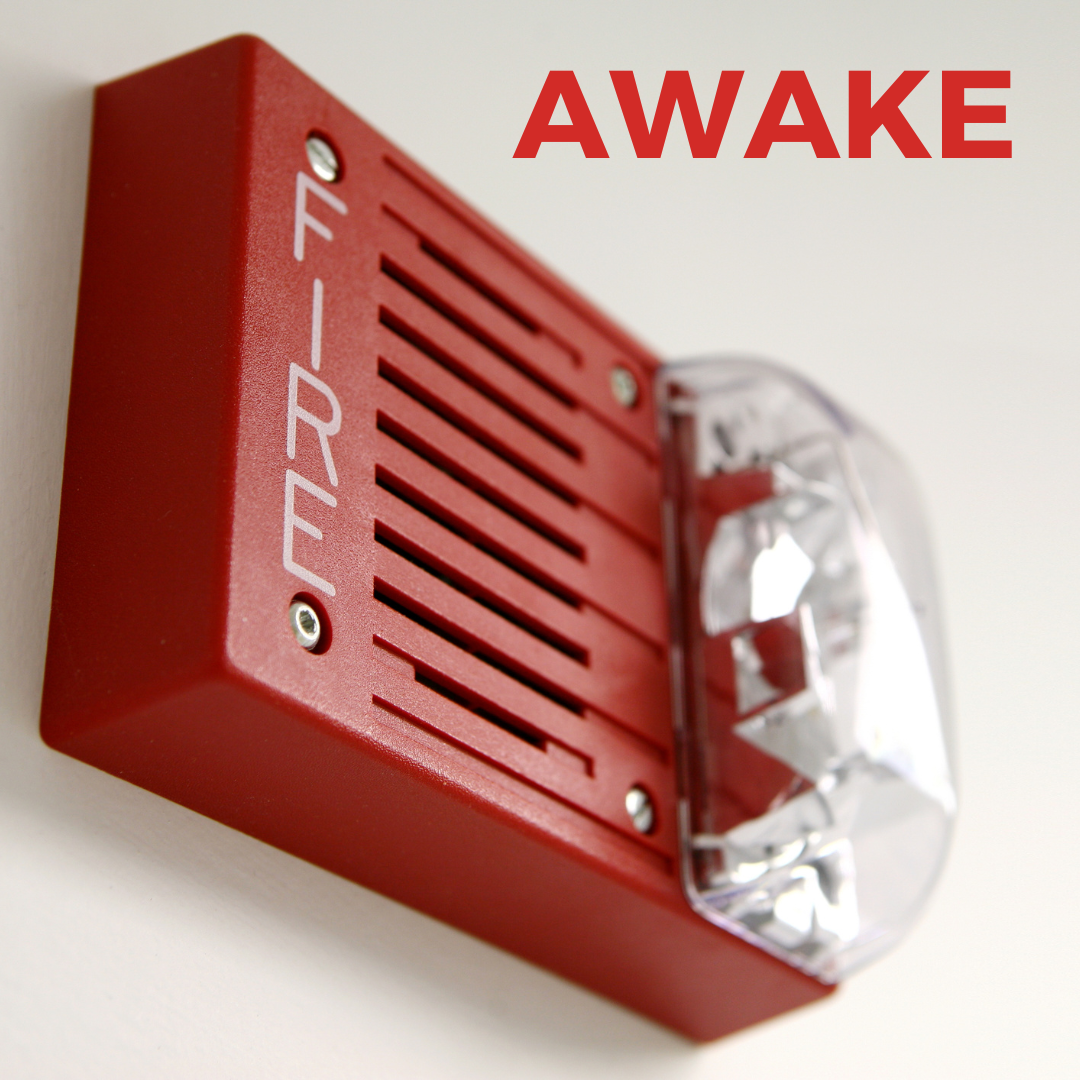
Hank was nine and Charlie was four when Kelly and I took them to Orlando. Upon arriving, we went straight to Disney World. Then, after a long day at the park, we headed to the Nickelodeon Hotel. Though it was unseasonably cold, the boys wanted to swim, which we did. Then exhausted, we tucked the boys into their bunk beds expecting a good night’s rest. Instead around 2:00 AM, the hotel’s fire alarm went off. Kelly took Charlie, who’d begun to cry, and I hopped up to the top bunk for Hank who, though the incredibly ear-piercing alarm continued, hadn’t stirred at all. “Hank, we’ve got to get up,” I urged, but he merely stretched, fluffed his pillow, and turned over.
After a couple of more unsuccessful attempts, I maneuvered him down, and with the alarm still blaring at 120 decibels, managed to get his coat on, before the four of us, along with every other now nearly-deaf occupant of the Nickelodeon Hotel, assembled in the parking lot in the freezing cold. Eventually, we got the all clear and went back to bed.
The next morning when I asked Hank what he’d thought of all of the commotion the night before and the world’s loudest fire alarm, his response was this: “What fire alarm?”
It takes more to wake up some of us than it does others. And as difficult as it is sometimes to awaken our bodies, sometimes it can be even more difficult to awaken our souls. Fortunately, though, just as we have super-loud fire alarms in hotels to awaken our bodies when we must get going, we also have a remarkable tool available to us to awaken our souls—an ancient technology, one found in the middle of our Bible—one we call the Psalms. The Psalms show us how finite, flesh-and-blood human beings like us can connect with an infinite and invisible God. However, if this technology is to work, it requires something crucial from us: our honesty.
One weekend when I was about 15, we had a family event planned on a Saturday evening. Earlier in the day my mother had given me permission to go over to study with a group of friends as long as I was back in plenty of time to get ready. But, here’s the thing, instead of studying we all went to Astroworld, Houston’s premiere amusement park. As it got later and later in the day, I realized I was going to have to call home, so I found a pay phone in the park, and—I’m not proud of this—but rather than coming clean, I decided to double down on the “I’m studying” story. I’m still not sure whether it was something in my voice or the roar of the Texas Cyclone roller coaster in the background, but my mother clearly knew I was lying. Full of her characteristic motherly grace, though, she said only this: “Greg, your nose is growing.”
We all know the story of Pinocchio, the adventurous wooden puppet whose nose starts to grow whenever he fails to tell the truth. Pinocchio still appears in our culture a lot. For instance, the Washington Post’s fact-checkers rate the truthfulness of our nation’s politicians with Pinocchios—one, two, three, or four of them depending upon the honesty or lack thereof in their statements.
It’s safe to say the Psalmist adheres to a Zero Pinocchio Policy. Whatever the Psalmist is feeling—anxiety, anger, joy—the Psalmist tells it like it is, and with this ruthless honesty, creates a permission structure for us to do the same when we come before God.
Take a look, for instance, at Psalm 6:
Mercy Lord, for I am faint; heal me, for my bones are in agony. My soul is in deep anguish. How long, Lord, how long? Turn, Lord and deliver me; save me because of Your unfailing love.
Here’s another—Psalm 109, known as the “Cursing Psalm:”
Send the evil one to accuse my accusing judge; dispatch Satan to prosecute him. When he’s judged, let the verdict be “Guilty,” and when he prays, let his prayer turn to sin. Give him a short life and give his job to somebody else. Make orphans of his children. Dress his wife in widow’s weeds.
Page after page, the Psalmist instructs us to bring not some curated social-media version of ourselves to God, but just ourselves—authentic, human, and as we really are—unfiltered, unedited, and unplugged. If the Psalms are saying anything to us at all, it seems to be saying God would rather have emotionally honest followers over those who are just sleepwalking through our spiritual lives.
God — Awaken my soul. No Pinocchios. Amen.
— Greg Funderburk





